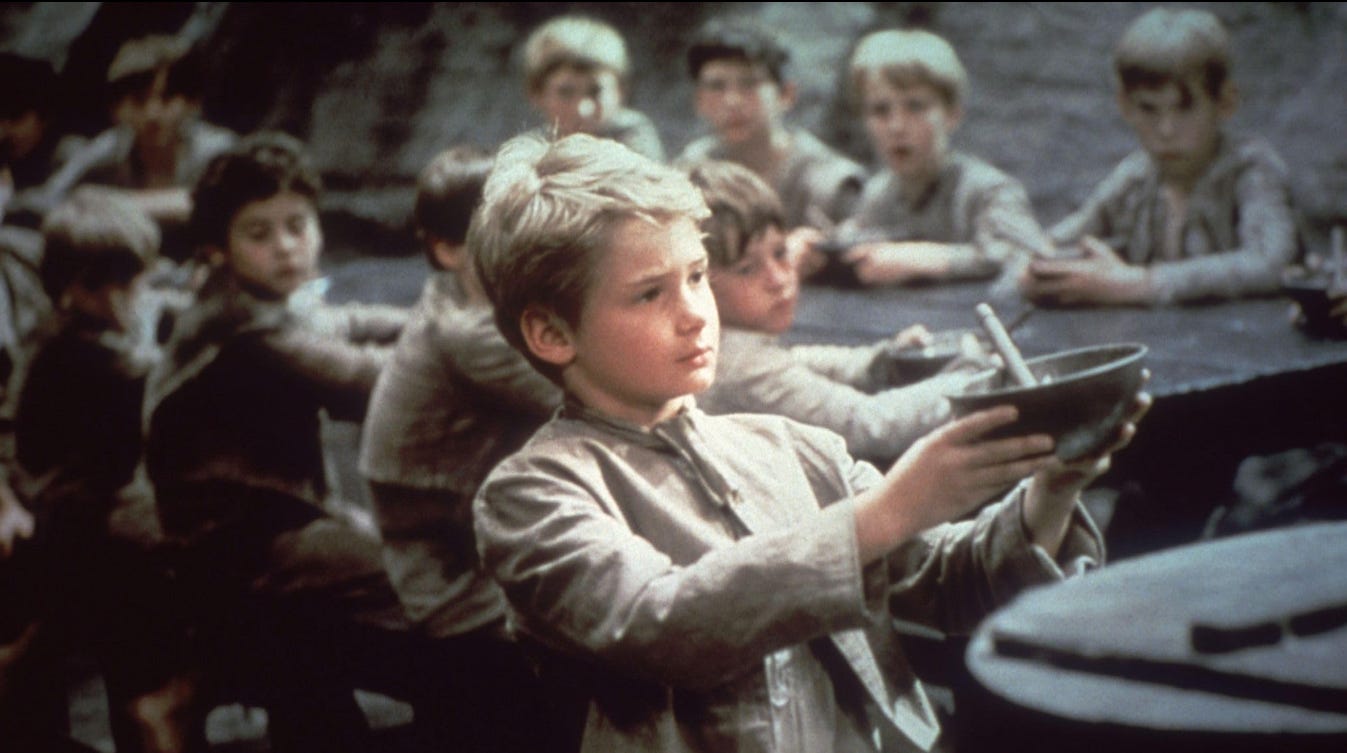Falling afoul of the zoning code enforcers in Key West’s fatuous and elaborate game of “Mother May I” put me in mind of a simpler time when we were not so eager to saddle ourselves with the attentions of the ethically challenged. I pine for the good old days when only the Mob ran protection rackets. The business model for our self-inflicted departments of licensing and permitting is the same. People don’t ask for permits, licenses, and inspections because they want them. They do it for the same reason people pay protection money to the Mob, to avoid punishment.
It got me thinking about the relatively unfettered economic atmosphere of my boyhood, a time when licensing was much rarer than it is today, and inspectors thin on the ground.
That was in the 1950s in the slowly withering coal mining city of Scranton, Pennsylvania. The veins of silver-black anthracite were exhausted. The support pillars deep underground had been chipped away to thin sticks. Whole blocks of houses were sinking into the empty mines.
The shifting slabs of slate that formed the sidewalks above the mines met at angles like armor on a giant caterpillar's back. Smoldering slag heaps surrounded the city. On moonless nights they glowed the eerie blue of distant, dying galaxies.
The spirit of entrepreneurship was alive and well, however, unfettered by license police. To a boy in Scranton in the 1950’s the chief industries appeared to be junk yards, pizzerias, and street vending. Grassroots entrepreneurs plied the four city blocks that formed my boyhood world like trawlers seining a grey sea.
The Huckleberry Lady’s height and circumference were about equal at something between four and five feet. She balanced a shallow dish-shaped basket full of ripe berries on her head. The basket was heaped with shiny black fruit that she served in newspaper cones. It shaded her considerable girth and kept me from having any clear memory of her face. She heralded her approach with a four-note song — a long, two short, and an extra long — the last note higher than the first three and clear and pure, like the call of a flightless 200-pound bird - huuuk-a-bur-reeeeeeeees!
An old man drove a horse and wagon on narrow streets crowded with Chevys and Fords. His wagon clanked and clattered with new and used goods, pots and pans, hardware, and house wares. He announced his tour of the neighborhood on a battered tin horn. Three or four times in each block the horn brayed while his skinny old nag clopped out a rhythm irresistible to 8-year-old boys. We would follow him the length of the block, fascinated by his horse, his whip, his wagon, and everything the horse left behind. Aproned housewives hurried out of their houses to shop from his wagon.
A lifelong love of bread and pretzels began in Scranton with two unlicensed businesses.
My friend Peter’s grandmother lived on our street in a house covered in faux-brick asphalt shingles. She was Lebanese. Three days a week, in an oven in her cellar, she baked flat loaves of pita bread as big as bicycle wheels. On baking days, a gaggle of kids could usually be found in her basement giddy with the smell of it, waiting for the bread to be done. She would give us samples right out of the oven. The butter melted instantly on the crisp hot wedges. Butter leaked from our smiles as we chewed.
I learned to love pretzels and mistrust gambling at Georgie's Corner Store. Georgie was a bodybuilder. He sold us penny candy while he squeezed and released a "pimple ball" to build his forearm strength. Produce was piled artfully on shelves in front of his store.
He let us huddle on the floor and read comic books that we never bought. We devoured penny pretzel sticks and nursed five-cent sodas. We argued over who was toughest, Superman or The Incredible Hulk. The pretzels fit perfectly into the small mouths of our soda bottles. They reached all the way to the bottom, fizzing furiously and adding a wonderful salty bite to cream soda.
Georgie also taught me a valuable lesson about gambling by featuring "nickel winners" in the glass reservoir of his gumball machine. It was there I learned that lotteries were for people who didn’t understand arithmetic.
There were other merchants as well. Dairy Dan sold ice cream from a truck. A man roasted chestnuts in front of St. Patrick’s church in a big steel pan on a cart-mounted gas burner. You couldn’t speak to him when the church bells rang the Angelus. The bells were too loud. The snow cone man worked the summer school yard at PS 18. He could make coins vanish and then fetch them back from our ears.
On my last trip to Scranton, all were gone, licensed and permitted, inspected and protected, franchised, and Wal-Marted into history. Though we may feel more secure, we’re poorer for it.



